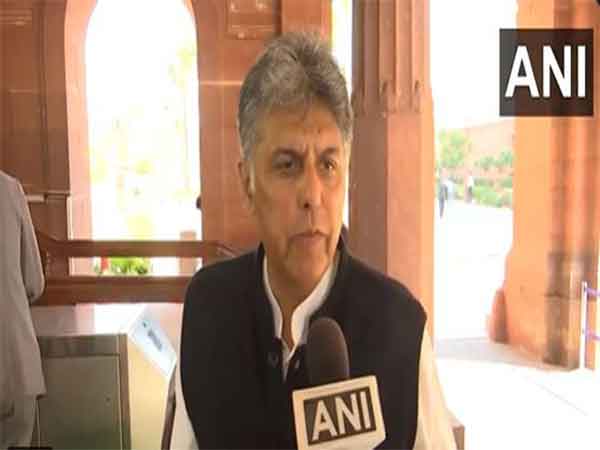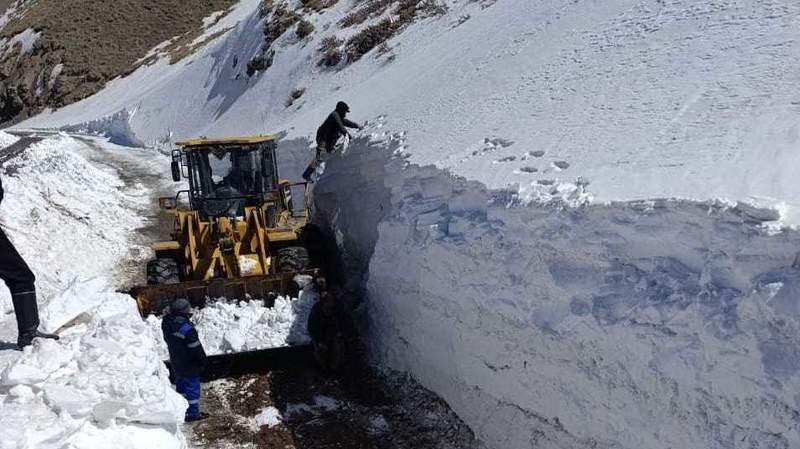
A former registrar of the Delhi Pharmacy Council (DPC) was among 40 people arrested as the Delhi government’s Anti-Corruption Branch (ACB) unearthed a fraudulent pharmacy registration racket that officials said had granted illegal approvals to nearly 5,000 unqualified pharmacists over the past five years. A DPC clerk, six touts, three employees of pharmacy colleges, the owner of a printing shop, and 35 individuals who were operating as pharmacists with forged credentials were also arrested in the crackdown, officials said. The multi-layered racket, which allegedly involved dozens of people, exposed a deep-seated nexus facilitating fake registration of pharmacists through forged documents, according to Madhur Verma, the joint commissioner of police and the chief of ACB.
The racket, Verma said, posed a grave risk to public health. “The investigation began on January 30 last year after a complaint from the deputy secretary of Delhi’s health department alleged that Kuldeep Singh, the then DPC registrar, had approved fraudulent registrations of pharmacists based on forged documents. The alarming thing we discovered was that these registrations allowed dozens of unqualified individuals to operate pharmacies, potentially jeopardising public health in the national capital,” he said.

During Singh’s tenure from March 2020 to August 2023, at least 4,928 fake pharmacists were registered, Verma said, adding that his role in the scam became more apparent as the 14-month-long investigation unfolded. Even after his removal on August 16, 2023, Singh allegedly continued approving applications through his personal email, registering 232 more candidates before his final suspension on September 25, 2023. At the core of the scam was a private firm hired in July 2020 to manage online pharmacist registrations, Verma said.
“Surprisingly, this firm was hired without following any formal tendering procedure, violating established standard operating procedures,” the ACB chief added. Investigators found that applicants submitted fake diplomas and training certificates, which were then “verified” through forged emails with the involvement of pharmacy college employees. “The racket primarily involved the submission of fake diplomas and training certificates by applicants, with the support of employees at several pharmacy colleges.
These certificates were ‘verified’ through forged emails, falsely confirming their authenticity. The bribes were channelled through a key intermediary – Sanjay Kumar – who acted as the middleman between DPC and the colleges,” he said. Investigators found that many of the pharmacists and chemists operating in Delhi were found to have bogus registrations, with some individuals having no formal education or training in pharmacy.
“Some had not even completed their matriculation, raising serious concerns about the danger they posed to public health,” Verma said. A case has been registered under the Prevention of Corruption Act, along with sections 419, 420, 467, 468, 469, 471, 120B, and 34 of the Indian Penal Code. More arrests are expected as the probe continues.
The officials said that during the probe, one Neeraj (who goes by single name), a designer based in Shahbad Daulatpur in Bawana Road was zeroed in as the primary source of printing fake credentials. ACB officials also seized a large number of counterfeit documents, including training certificates and diplomas, as well as the computer systems and printers used for producing these falsified materials, from Neeraj’s possession. “We have so far arrested 35 people, who were operating as illegal pharmacists, along with several other key figures involved in the scam, including the former registrar and his associates.
The operation is still underway, with the scrutiny of remaining registrations and evidence from seized documents continuing. We’ll take stern action against all those involved, as only qualified professionals are allowed to handle sensitive public health matters,” the joint CP said..











